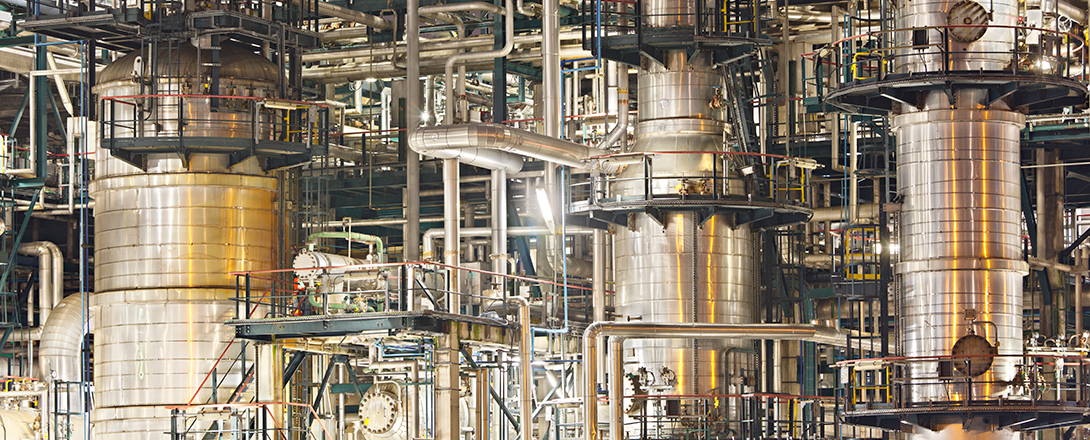
Friction Modifiers for Enhanced Fuel Efficiency
The utilization of friction modifiers in gasoline and diesel fuels offers a multitude of benefits that can significantly enhance the performance of internal combustion engines while contributing to a more sustainable and eco-friendly future. By integrating these boundary lubricant additives into fuel formulations, it becomes feasible to minimize the light surface contacts between equipment surfaces, leading to decreased frictional losses and improved engine efficiency.
Key Advantages of Friction Modifiers:
- Improved Fuel Economy: Friction modifiers reduce friction between engine components, resulting in less energy wasted on overcoming resistance, ultimately enhancing fuel economy and enabling vehicles to travel greater distances on the same fuel quantity.
- Reduced Emissions: Enhanced fuel efficiency through friction modifiers contributes to a decrease in greenhouse gas emissions, notably carbon dioxide (CO2), by lowering fuel consumption and reducing pollutants, aligning with stringent emission standards.
- Enhanced Engine Performance: Reduced friction leads to smoother engine operation, translating to improved performance aspects like acceleration and handling, offering a more enjoyable driving experience.
- Extended Engine Life: Minimized wear on engine components by friction modifiers leads to prolonged engine longevity, diminishing maintenance expenses and extending the vehicle's overall lifespan.
- Compatibility with Modern Engines: Designed to work seamlessly with advanced engine technologies such as direct-injection systems and turbochargers, friction modifiers ensure effective use across a wide range of modern gasoline and diesel engines, delivering consistent performance benefits.
In conclusion, the integration of friction modifiers into gasoline and diesel fuels offers substantial advantages in fuel efficiency, emissions reduction, engine performance, and component durability. These innovative additives empower both vehicle manufacturers and end-users to experience enhanced engine operation and environmental sustainability through the utilization of friction modifiers.
